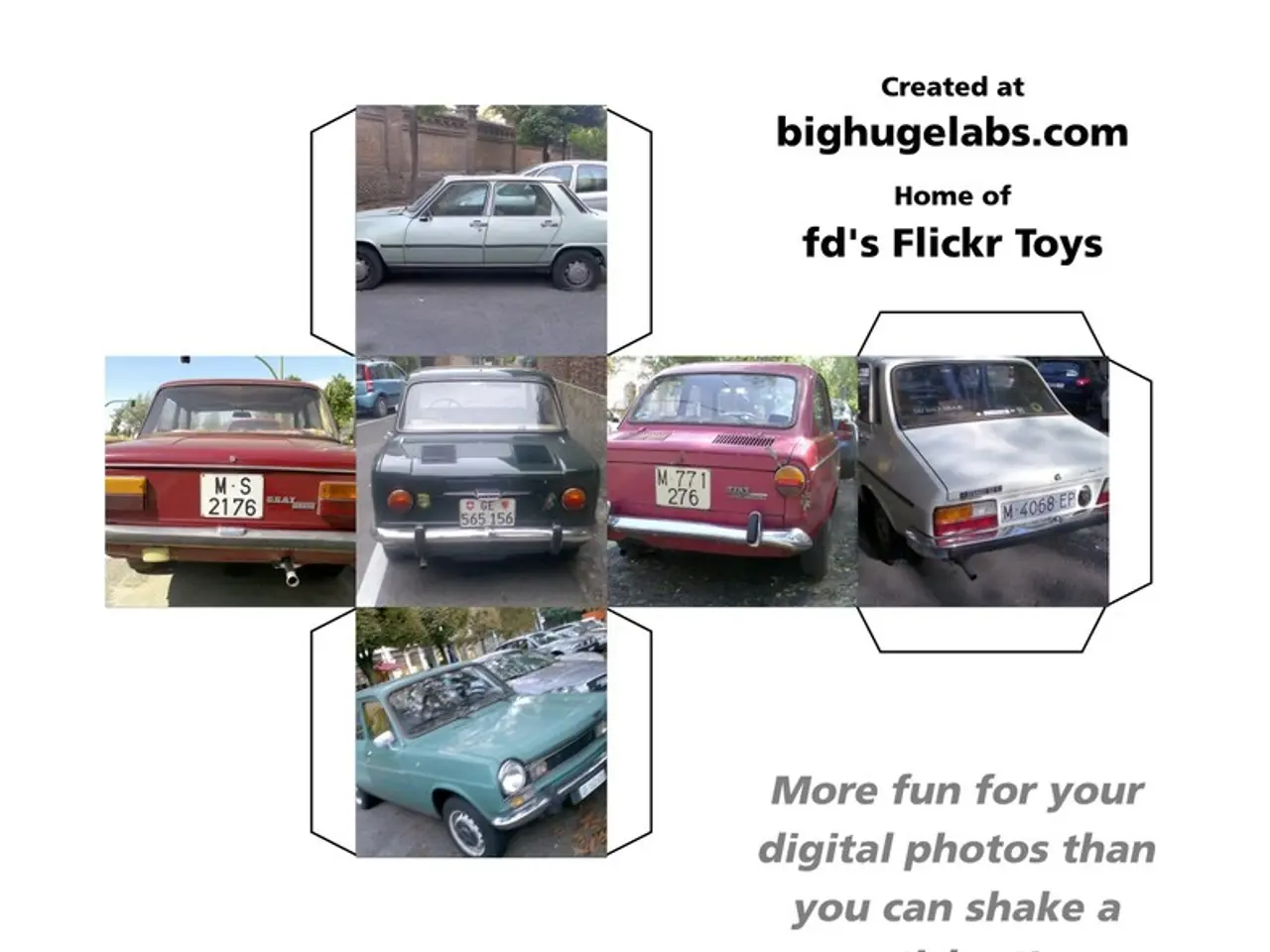Shifting Landscape of In-Vehicle Navigation: Anticipating Changes in the Auto Manufacturing Sector
In the modern world, the automotive industry is undergoing a significant transformation, with smartphone-based navigation and connectivity playing a pivotal role. This shift is redefining mobility, making vehicles smarter, safer, and more integrated into users’ digital lifestyles.
The era of CD-ROMs and DVDs for map data storage is long past, replaced by the convenience of smartphone-based solutions that offer real-time traffic information and alternative route suggestions. Today's drivers appreciate the flexibility provided by these systems, which cater not only to their navigation needs but also to communication and entertainment requirements.
The focus is now on enhancing connectivity, user experience, and preparing cars for future tech developments, such as autonomous driving. As vehicles become software-defined platforms, they can receive over-the-air updates, predictive maintenance alerts, and personalized service features, driving continuous innovation and improved performance.
One of the key impacts of this convergence is the creation of a seamless digital ecosystem. Modern vehicles increasingly connect with drivers' smartphones and home devices, allowing cars to access internet services, applications, and personalised functionalities directly linked to the driver’s digital life. This integration offers continuous real-time navigation, traffic updates, and smart home control from the vehicle interface.
Enhanced user experience and convenience are also significant benefits. Navigating via smartphones or smart home devices enables highly intuitive vehicle controls and infotainment systems. Drivers can pre-set navigation routes via home assistants or smartphones, receive real-time traffic alerts, and even manage smart home functions on the go.
Connected navigation systems contribute to safer driving by providing timely route optimisations and hands-free interaction. Integration with smart devices can assist in managing vehicle diagnostics, parking assistance, and traffic management, reducing risks and enhancing efficiency on the road.
The convergence of automotive with smartphone and smart home ecosystems opens opportunities for new services like usage-based insurance, remote diagnostics, and fleet management solutions. Vehicle manufacturers and service providers can leverage data from connected navigation to offer tailored products and optimise operations.
In-car navigation systems have been a staple in the automotive industry since the late 1980s. However, the rapid pace of technological advancements has led to the gradual obsolescence of built-in car navigation systems. Smartphones equipped with powerful GPS capabilities are one major factor contributing to this decline. Dash-mounted displays that connect directly with smartphones via Bluetooth or USB cable are available, effectively turning any car into a high-tech hub.
Portable GPS units from companies like Garmin or TomTom are popular aftermarket solutions, offering reliable service without draining a phone’s battery or data plan. The decline of in-car navigation systems is prompting significant transformations in car manufacturing and design, allowing for streamlined dashboard designs and potential cost reductions.
As the economic landscape for automakers experiences changes, potential cost savings from hardware development, software updates, and ongoing support are becoming increasingly important. Devices such as Amazon Alexa and Google Assistant are now being incorporated into cars, allowing drivers to control various aspects of their smart homes directly from their vehicle's interface.
Consumer expectations are evolving, with drivers now anticipating seamless integration between their vehicles and personal devices like smartphones and smart home gadgets. Market trends reflect a shift towards integrating infotainment systems that seamlessly connect with smartphones.
In summary, the integration of smartphone and smart home device navigation is transforming the automotive industry towards a future where cars are integral parts of a connected, intelligent ecosystem. This shift is redefining mobility, making vehicles smarter, safer, more efficient, and deeply integrated into users’ digital lifestyles.
- The integration of smartphone and smart home device navigation is driving continuous innovation in the automotive industry, preparing cars for future tech developments like autonomous driving.
- As vehicles become software-defined platforms, they can receive updates, predictive maintenance alerts, and personalized services, all contributing to improved performance.
- The convergence of automotive, smartphone, and smart home ecosystems opens opportunities for new services like usage-based insurance, remote diagnostics, and fleet management solutions.
- Connected navigation systems help optimize routes, manage vehicle diagnostics, and assist in traffic management, contributing to safer driving and enhanced efficiency on the road.
- Portable GPS units from companies like Garmin or TomTom are popular aftermarket solutions, offering reliable service and contributing to the gradual obsolescence of built-in car navigation systems.




